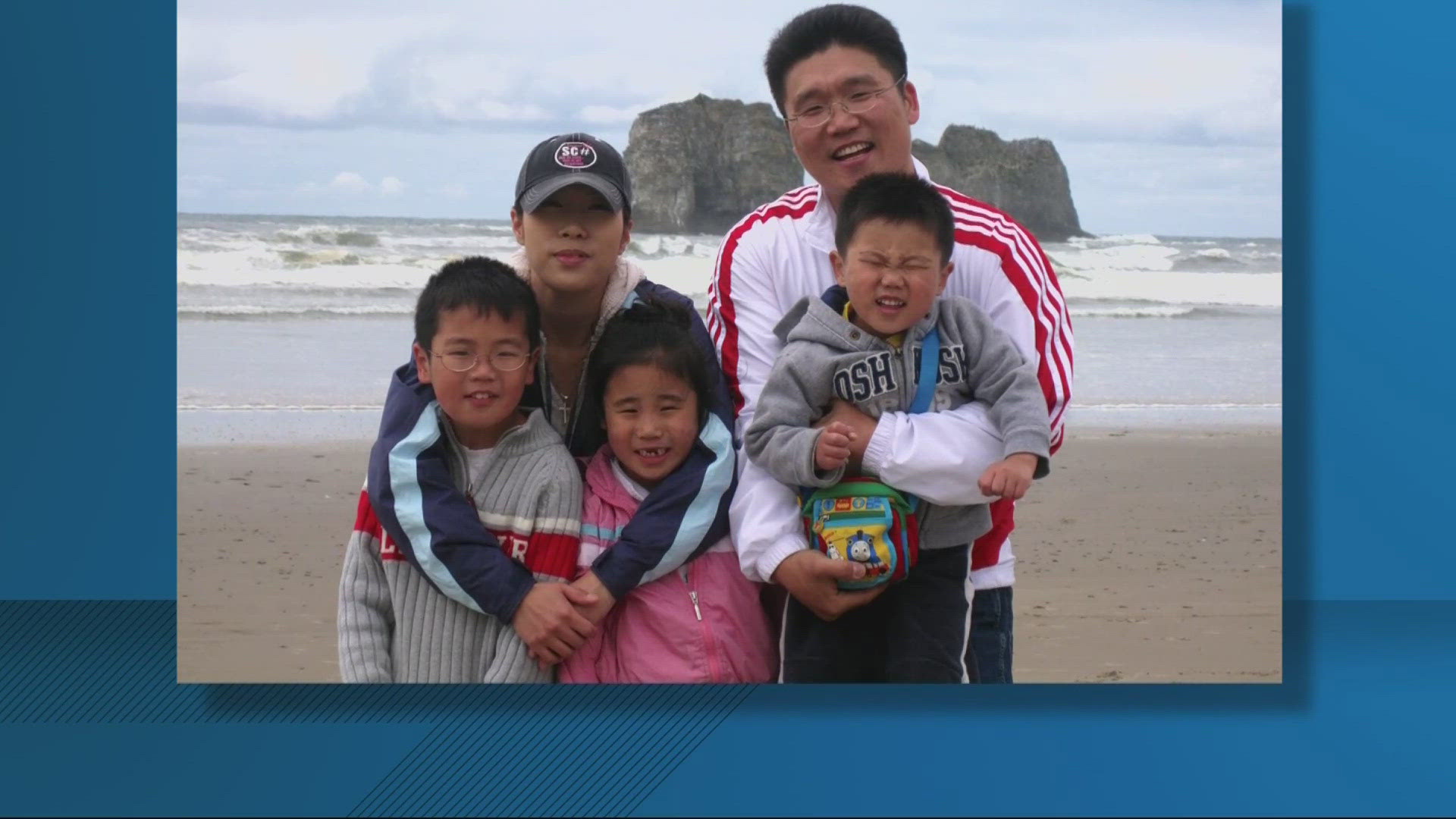PORTLAND, Ore. — A jury in Portland has ruled in favor of a Beaverton woman and awarded her $260 million in a lawsuit she filed against Johnson & Johnson, alleging that the company caused her deadly cancer through its products, specifically its talc-based Baby Powder, which the company pulled from shelves in recent years after reports found it could contain asbestos.
Kyung Lee, 49, was diagnosed last year with incurable mesothelioma, a type of cancer that forms in the lining of the lungs or other internal organs and is most commonly caused by exposure to asbestos. She used Johnson & Johnson cosmetic products throughout her life, according to a news release from her attorneys.
"For years, Kyung and her family used Johnson & Johnson’s Baby Powder, not having any idea it could lead to a life-ending illness," Lee’s attorney, Ben Adams of Dean Omar Branham Shirley, said in a statement. "Today, Ms. Lee was able to see justice and secure a future for her family after she is gone."
He added that the family is "feeling super relieved that a jury heard their story and valued Kyung’s life and affirmed what she's going through — and most importantly — held Johnson and Johnson responsible."
The jury ordered Johnson & Johnson to pay her $60 million in compensatory damages and $200 million in punitive damages, according to the news release.
Johnson & Johnson has been hit with a deluge of lawsuits in the years since reports emerged showing that the company's talc-based Baby Powder and other products contained trace amounts of asbestos, with thousands of women blaming the company for causing their ovarian cancer or mesothelioma.
Many retailers stopped selling Johnson & Johnson Baby Powder in 2019, and the manufacturer discontinued the product in North America in 2020 and announced plans to reformulate it worldwide in 2022, switching to a cornstarch-based formula.
The company has also been pursing multiple large-scale settlements to try to resolve most of the lawsuits at once, although it has never admitted any wrongdoing and has contested the claims that its products caused cancer.

